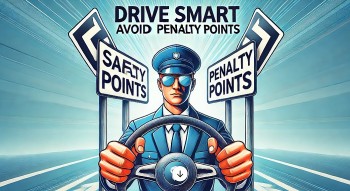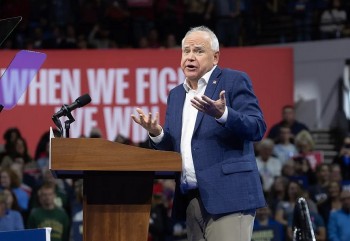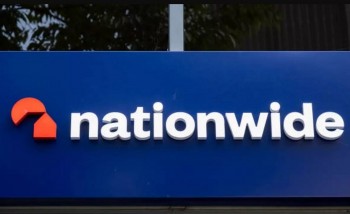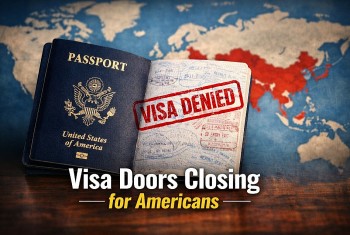What Are Public Charter Schools? How They Differ From Private Schools
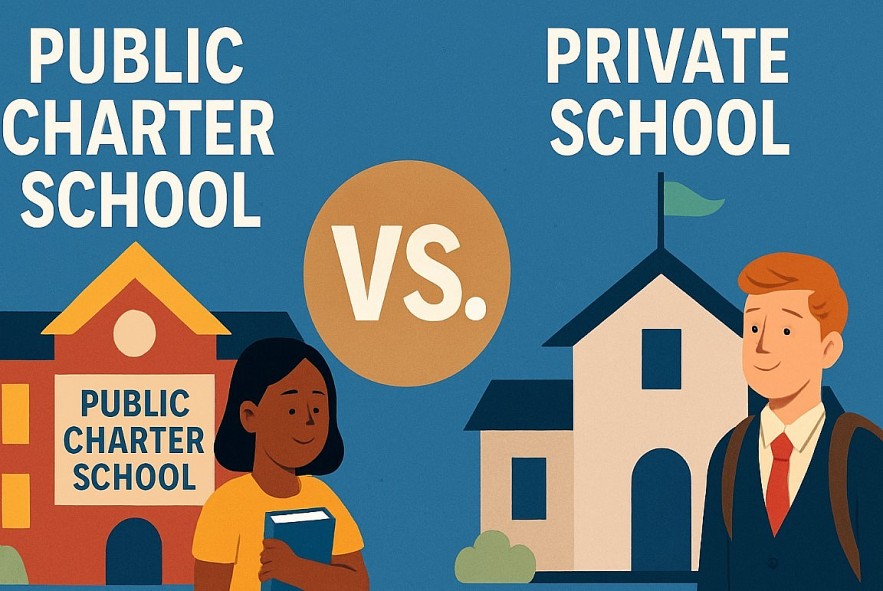 |
| Public Charter Schools vs. Private Schools |
What Is a Public Charter School?
Definition
A public charter school is a publicly funded, independently operated school that functions under a performance-based contract—called a charter—issued by a public authorizer. These schools are free to attend and are accountable for academic outcomes rather than compliance with traditional school regulations.
How They Started
The concept was pioneered in Minnesota in 1991, driven by reformers who wanted to:
-
Break bureaucratic bottlenecks
-
Provide innovative learning models
-
Offer more choices to families, especially in underserved communities
As of 2024, over 45 states and D.C. have passed charter school laws, with more than 7,800 schools serving nearly 4 million students.
Read more: How Many Public/Private Schools Are There In The US?
How Charter Schools Operate
Governance
Charter schools are typically run by:
-
Nonprofit boards
-
Charter management organizations (CMOs) (e.g., KIPP, Aspire)
-
In some cases, for-profit education companies
They are monitored by authorizing bodies such as state departments, school districts, or independent commissions.
Contractual Obligations
Each school signs a charter agreement detailing:
-
Academic goals
-
Student demographics
-
Budget plans
-
Governance structure
-
Renewal and revocation terms
Performance Reviews
Charter schools undergo regular evaluations. If they fail to meet performance standards or commit financial mismanagement, their charters can be revoked—resulting in closure.
Funding and Resources
How They're Funded
Charter schools receive per-pupil public funding, similar to traditional schools. This includes:
-
State aid
-
Local funding formulas
-
Federal education grants (e.g., Title I)
However, they generally do not receive:
-
Direct facilities funding
-
Transportation services
-
Local tax overrides or capital improvement funds
How They Bridge the Gap
To cover gaps, charter schools often seek:
-
Private grants and philanthropy
-
Community fundraising
-
Partnerships with nonprofits or local businesses
Some critics argue that this model creates inequities between well-funded charter schools and others with fewer resources.
Academics and Student Outcomes
Curriculum Flexibility
Charter schools can:
-
Create their own curriculum
-
Implement non-traditional teaching methods (Montessori, project-based learning, blended learning)
-
Emphasize niche focus areas: arts, STEM, language immersion, civic engagement, etc.
However, they are still expected to meet state academic standards and participate in standardized testing.
Student Performance
Research on academic performance is mixed:
-
Some charter schools outperform local public schools
-
Others perform the same or worse
-
The variation is large depending on the state, the school’s operator, and the student population
A Stanford CREDO study found that urban charter schools often outperform traditional public schools in math and reading, especially for Black and Hispanic students.
How They Differ From Private Schools
| Category | Charter Schools | Private Schools |
|---|---|---|
| Funding | Publicly funded (no tuition) | Privately funded (tuition + donations) |
| Governance | Independent boards under public charter | Private entities, often religious or corporate |
| Curriculum | Flexible, but aligned to state standards | Fully independent, not subject to state control |
| Accountability | Evaluated by state authorizers | Self-regulated or accredited voluntarily |
| Admissions | Lottery-based; must accept all students | Selective; can deny admission based on criteria |
| Religious Content | Legally required to be secular | Can be religious-based (e.g., Catholic, Islamic schools) |
| Testing Requirements | Must administer state exams | Testing policies vary; often internal |
| Special Needs Services | Must provide per IDEA guidelines | May not be required to follow IDEA fully |
Read more: What Is The Average Private School Tuition In The United States?
Legal Challenges and Religion in Charter Schools
Landmark Controversy: Oklahoma 2023
In 2023, the Oklahoma Virtual Charter School Board approved a proposal by the Catholic Archdiocese to launch a religious charter school. This ignited a legal battle over whether public funds can support religious education.
The case raised questions about:
-
First Amendment rights
-
Separation of church and state
-
Precedents on public funding of religious institutions
In 2025, the U.S. Supreme Court declined to approve the religious charter, reinforcing that publicly funded charter schools must remain secular.
Pros and Cons of Charter Schools
Pros
-
Increased parental choice
-
Innovative and specialized curriculum
-
More flexibility in operations and hiring
-
Competitive pressure on public schools to improve
-
Often better performance for underserved students in urban areas
Cons
-
Uneven quality across states and schools
-
Potential to drain funds from traditional public schools
-
Can create fragmentation and reduced oversight
-
Risk of exclusion for students with disabilities or high needs
-
Dependence on unstable private funding streams
Societal Impact and Equity Concerns
Who Attends Charter Schools?
Charter schools often serve:
-
Minority-majority student populations
-
Low-income families
-
Students seeking alternatives to underperforming public schools
However, enrollment trends have raised equity concerns, including:
-
Underrepresentation of students with special needs
-
Inadequate ESL services
-
Claims of disciplinary disparities
Charters in Rural vs. Urban Areas
Charters are most common in urban districts, where demand for alternatives is highest. In rural areas, limited resources and low population density often make charters impractical.
FAQs About Charter and Private Schools
1. Are charter schools better than public schools?
Not necessarily. While many charter schools outperform their public school counterparts, others do not. Outcomes depend on local governance, funding, and implementation.
2. Can a charter school charge tuition?
No. Charter schools must be tuition-free and open to all students regardless of background or ability.
3. Can a charter school be religious?
As of now, charter schools must be secular. Any effort to introduce religious instruction has faced strong legal opposition and constitutional scrutiny.
4. Do private schools follow the same rules as charter schools?
No. Private schools are exempt from most state education regulations, allowing more freedom in operations and curriculum. However, they are also less accountable to the public.
5. How do I enroll my child in a charter school?
Most charter schools have open enrollment periods. If more students apply than there are seats, a random lottery determines admissions. No entrance exams or selective criteria are allowed.
 Top 16 Best Colleges for Sociology In the U.S. Top 16 Best Colleges for Sociology In the U.S. Passionate about understanding human behavior? Sociology graduates thrive in government, healthcare, business, and research. If you're looking for the best schools to invest in your ... |
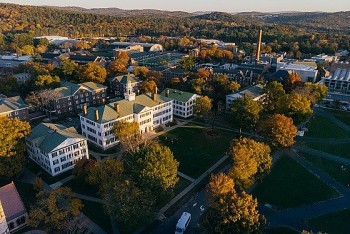 Top 13 Best Colleges for Anthropology in the U.S. Top 13 Best Colleges for Anthropology in the U.S. If you're fascinated by diverse cultures, human differences, and unique traditions, anthropology is an exciting and enriching field to explore. But what exactly is anthropology, ... |
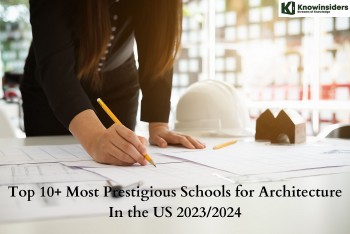 Top 12 Best Colleges for Architecture In the U.S. Top 12 Best Colleges for Architecture In the U.S. Dreaming of designing iconic structures? Explore top U.S. architecture colleges to turn your passion into reality |
 Top 16 Most Prestigious Art Colleges in the U.S. Top 16 Most Prestigious Art Colleges in the U.S. You can enhance your artistic talents while enjoying a vibrant social atmosphere at art school. To assist you in making a well-informed choice, we've curated ... |












